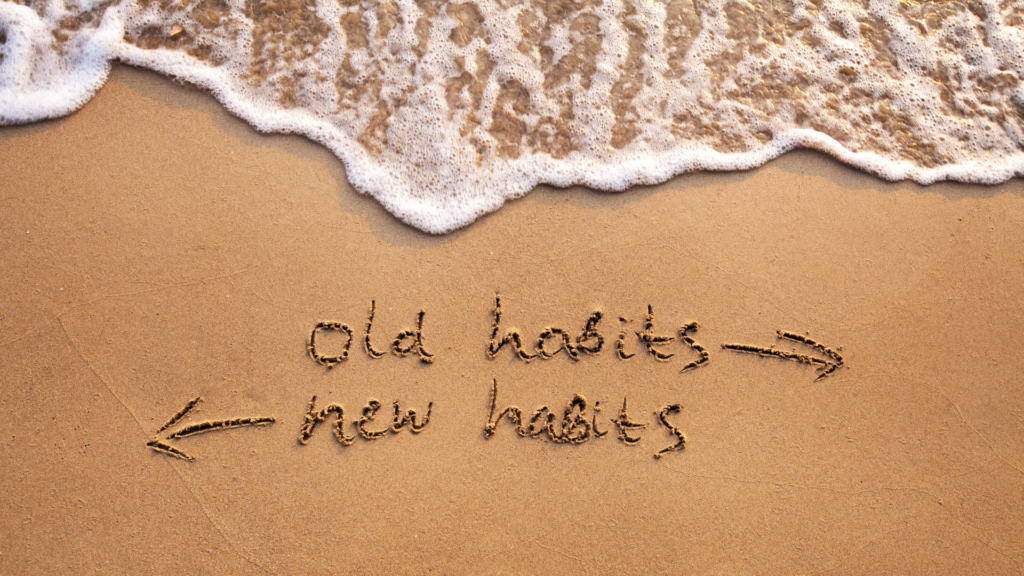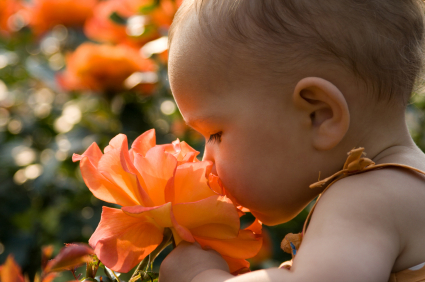
Our old habits are worthy opponents.
— Pema Chodron
Change may be inevitable, but it can also feel incredibly daunting. This is especially true when we are actively letting go of habits that no longer serve us. Mindfulness can play a critical role in the process of relinquishing old habits and establishing new ones.
Although we may be perfectly clear about what we are letting go of, and why, one need only take those first steps towards doing something different to witness our well-established habits re-exert themselves and seemingly spoil all our good intentions.
Much like a tree grows in seasonal patterns, we likewise expand our understanding of ourselves in starts and stops. This natural inclination to grow, to come more fully into ourselves, will often leave us teetering on the precipice between who we are and who we are becoming. As such, we will often be living at the creative space between the familiar and unfamiliar — what is often referred to as the “edge of practice”. Moments of regression are somewhat inevitable in this transitional space.
The Gift of Nonjudgment
Often we take ourselves to task for not being able to adopt and stick with new behaviors. We may start off strong with a commitment to change only to find ourselves backtracking in a short period of time. These setback can be followed by an added mental flogging of guilt and shame by our internal jury which can leave us feeling horrible about ourselves even though we are making an honorable effort to try and do something new.
The gift of mindfulness is that we can choose to suspend judgement of ourselves in this process of growth. Instead of adding insult to injury, we can bring the attitudes of care and curiosity forward when we face a set-back. Exploring questions like, “What’s here?” and “What does this moment call for?” can be far more supportive, and ultimately more helpful than beating ourselves down.
Seeing the Role of Conditions
Setbacks can actually serve as opportunities to learn more about ourselves and how we tick. We may find by simply looking at the conditions that are present when we experience cravings or fall back into old habits that there are factors at play that hold important information.
When we can look upon our regressions through this new lens, we may start to see what trips us up and what triggers old ways of coping. This ability to see more clearly can give us the chance to explore what we might need to adjust or do differently in the future. We may find that we can actually use our backtracking to build greater understanding.
Beginning Again
Even when we’ve fallen back into an old habit, the length of time we spend languishing in it is really up to us. Cultivating a beginner’s mind, the practice of seeing each moment with fresh eyes, can be a helpful way to let go of our transgressions and get back on the horse. When we see each moment as a new opportunity, filled with possibility, we don’t have to get mired down by the past…even if that past was just a few moments ago. We are now in a new moment in which we can recommit ourselves and start all over again.
When met with mindfulness, yesterday’s setback may be the impetus for greater skillfulness today. It is ultimately the degree of awareness we bring to our experiences and the willingness we have to learn from them that determines the pace of our forward momentum. Bringing awareness, curiosity, and a healthy dose of nonjudgment into the process of growth can help negotiate the uncharted terrain of letting go of old habits and establishing new ones.
If you’d like to learn more about the practices and principles of mindfulness, check out our classes and workshops for opportunities to learn and grow.
Already have an existing practice? Consider joining us for ongoing practice opportunities.

 How to Set-up a Retreat at Home
How to Set-up a Retreat at Home